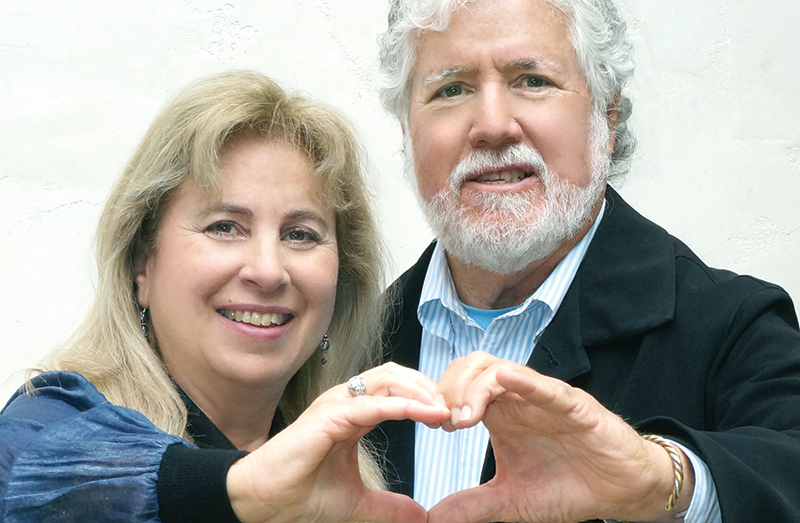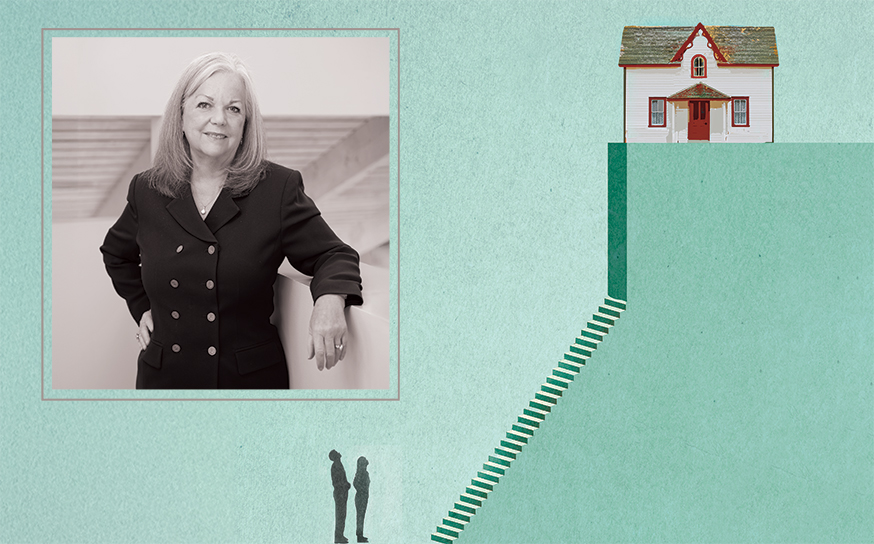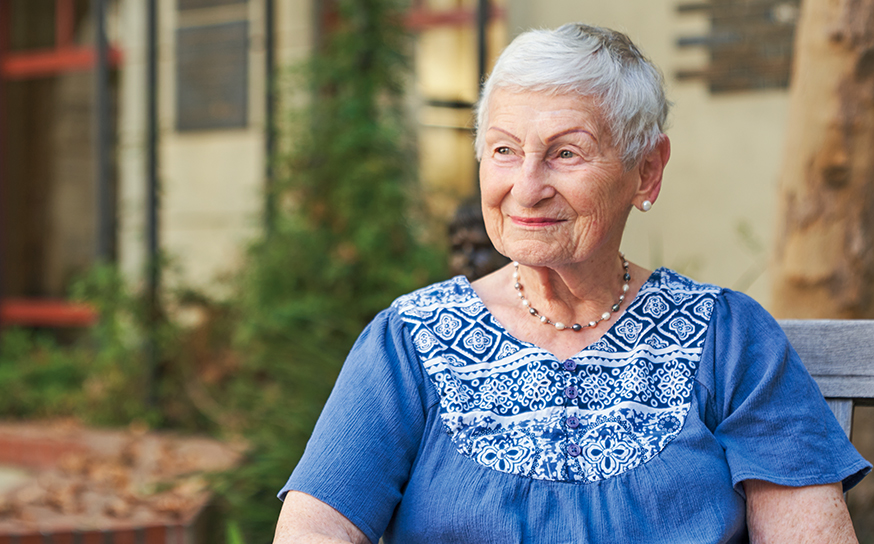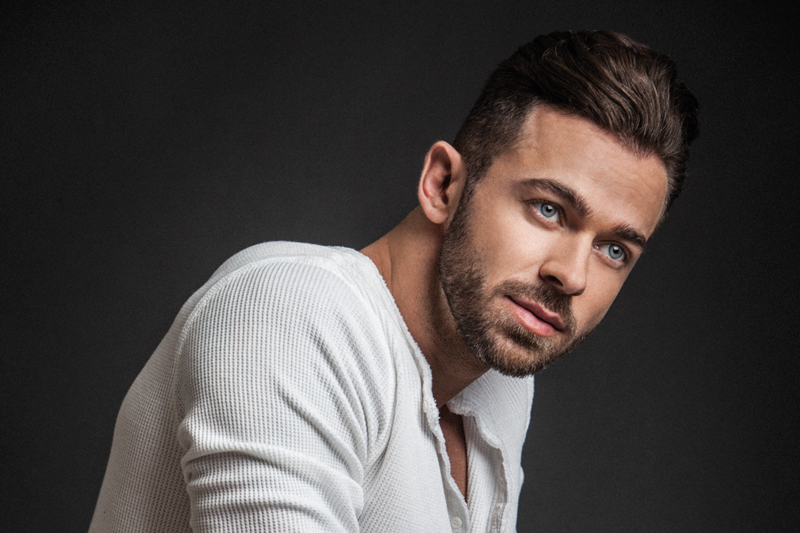
Arts with Heart
Two longtime public defenders share their love of the arts with one of the most impactful nonprofits for at-risk kids in the Valley.
-
CategoryPeople
-
Written byRachel Heller Zaimont

A few weeks into her new job as a lawyer with the Los Angeles County public defender’s office, Sherry Jason took a tour of LA’s Central Juvenile Hall. Between the clank of steel doors and the clamor of a basketball game, Sherry heard a few notes struck on a piano.
She followed the source of the music and found a boy in an orange jumpsuit playing Mozart. Charged with murder, his future looked bleak. Sherry was moved to tears.
“I stood there going, ‘What if he had met that piano before he met gangs?’” Sherry recalls. “What if he had found music first?”
That question stayed with Sherry as she worked with her young clients and learned about their backgrounds—the violence, the absence of nurturing and guidance, the lack of hope. “If you have something artistic and creative to hold onto, to anchor you, a lot of kids could make it,” she says, recalling her feelings.
Those thoughts propelled her, along with husband Bob Jason—also an attorney in the public defender’s office—to found City Hearts in 1984. The organization provides free arts education to children in underserved neighborhoods. Thirty years later, their mission remains strong: to transform the lives of at-risk kids through the creativity, imagination and vision that comes with doing something artistic—whether it’s picking up a camera or performing in a play.
The nonprofit started small. The couple leased a loft downtown, and Sherry—a Van Nuys native and a former ballerina—taught dance to disadvantaged children from a Skid Row school three times a week. She sent letters to elementary school principals to spread word about the program.
Though arts are its core, City Hearts benefits from leadership by two veterans of the LA criminal justice system. During more than 40 years working as a defender in the Van Nuys and San Fernando courts, Bob took note of the circumstances common among kids in the system—namely, most were never taught how to set a goal and achieve it. “The kids all had talents that they didn’t know could translate into a productive life,” he says.

Law enforcement and incarceration run on big budgets, but prevention and intervention programs are often underfunded. The Jasons point out that one year of art classes costs a fraction compared with one year of incarceration, and the impact can be profound.
When kids enter the program, they might be sullen, withdrawn, angry or rude. “After six months or a year of classes, they are a different person,” Bob says. Parents report that their children talk more at home, are more cooperative and do better in school. Former students routinely write them letters of thanks; one—now an IT tech—serves on their board.
City Hearts offers classes in dance, musical theatre, photography, world music and drama—a program that culminates in the popular Shakespeare Challenge, held at the Theatricum Botanicum in Topanga, which more than 400 kids and their families attend.
The nonprofit (cityhearts.org) now teaches about 1,500 kids per year and has worked with more than 33,000 children since its inception. The Jasons’ story was recently included in the book Talent for Humanity: Inspiring Stories of Creativity and Courage Changing Our World.
“We see City Hearts as this delicious platter of the arts,” Sherry says. “We say, ‘Go ahead, try them all. Something is going to connect, and it’s going to change your life.’”











